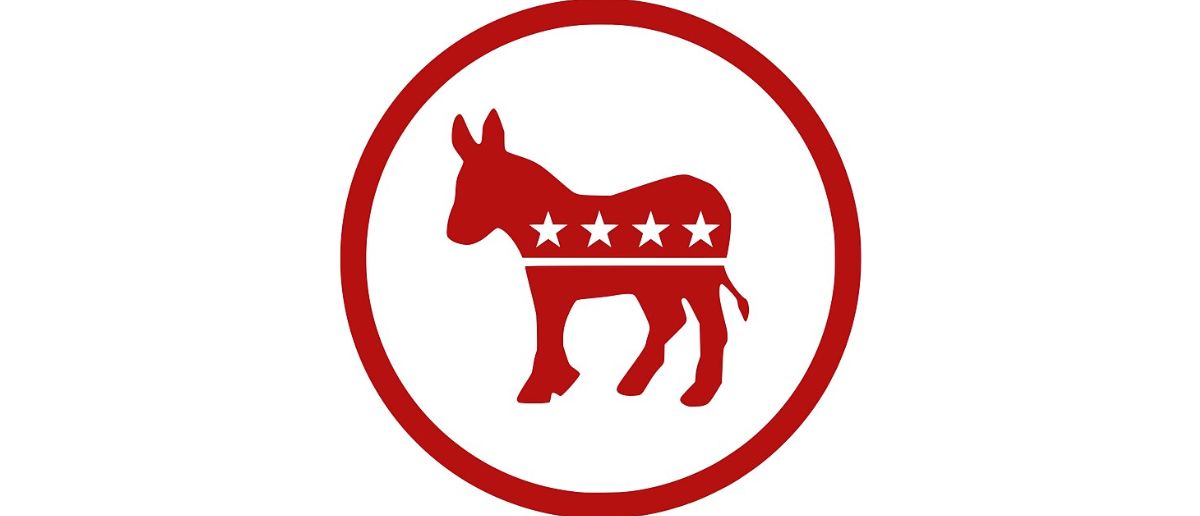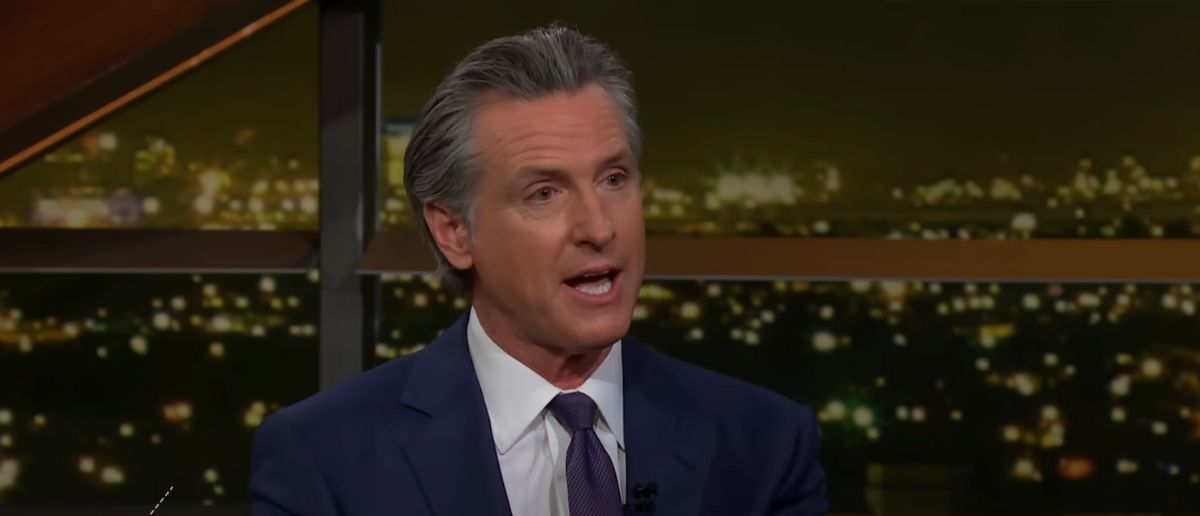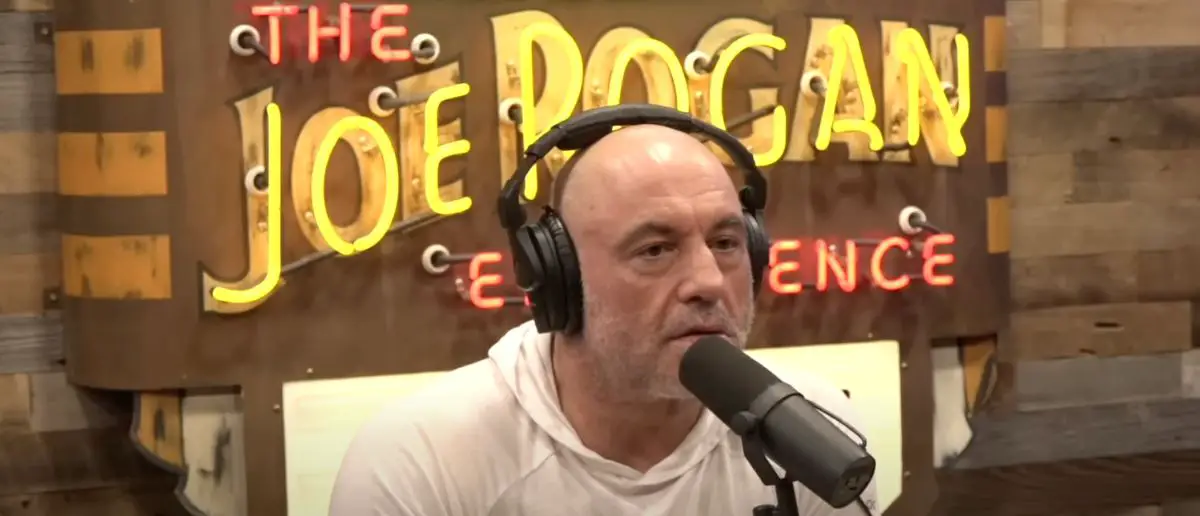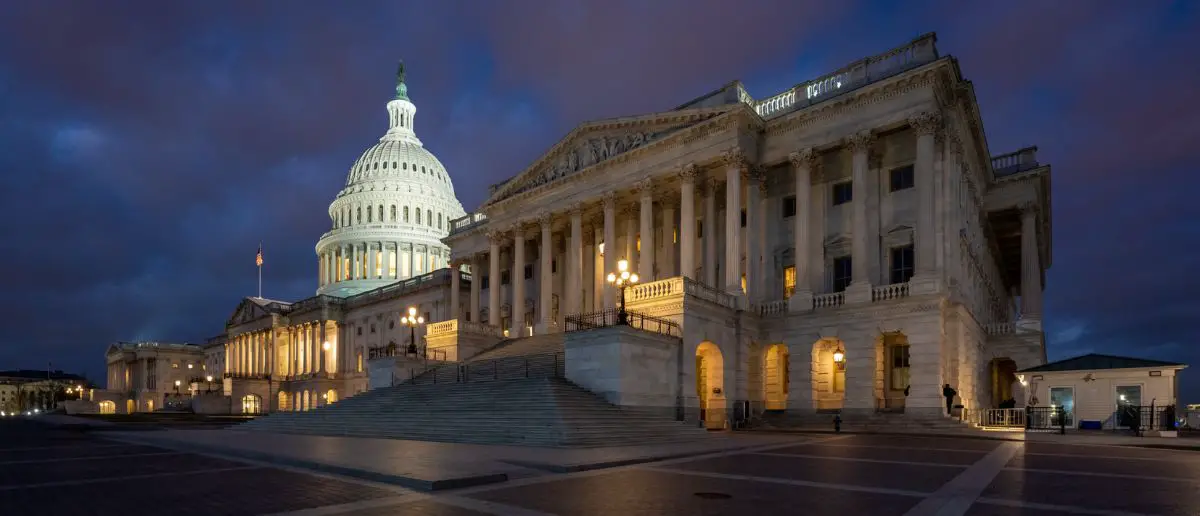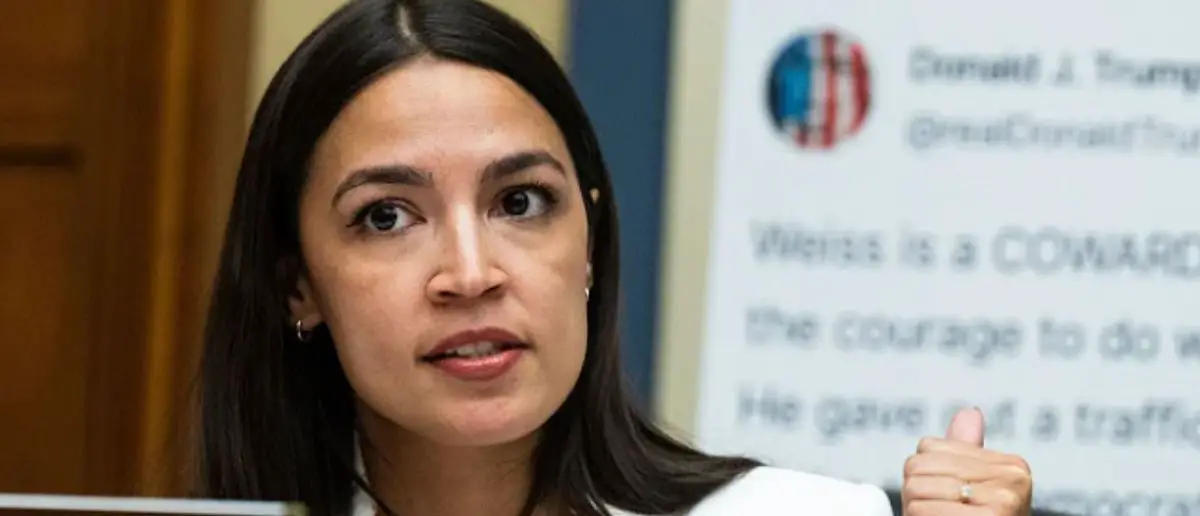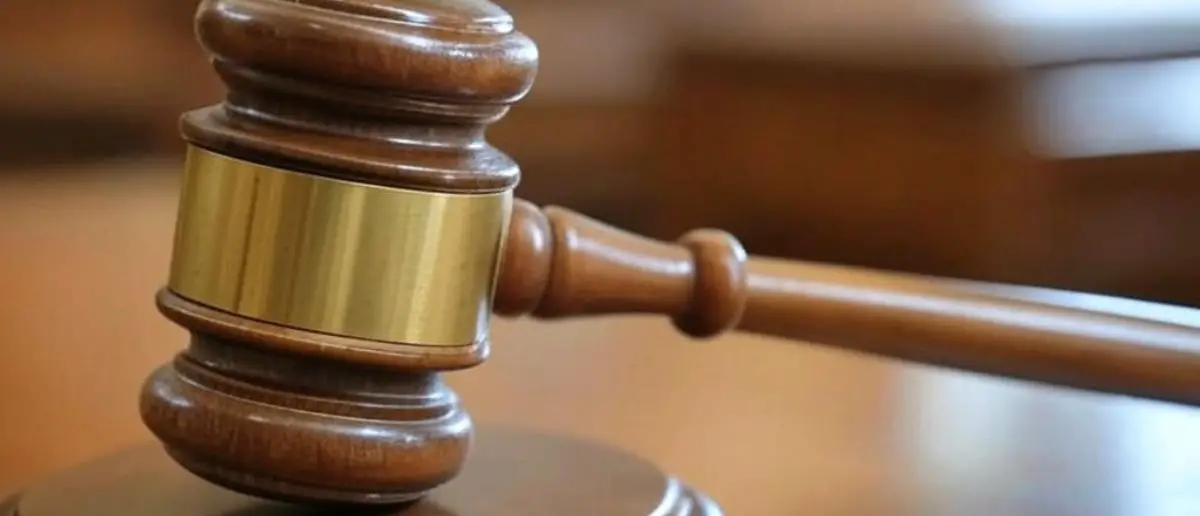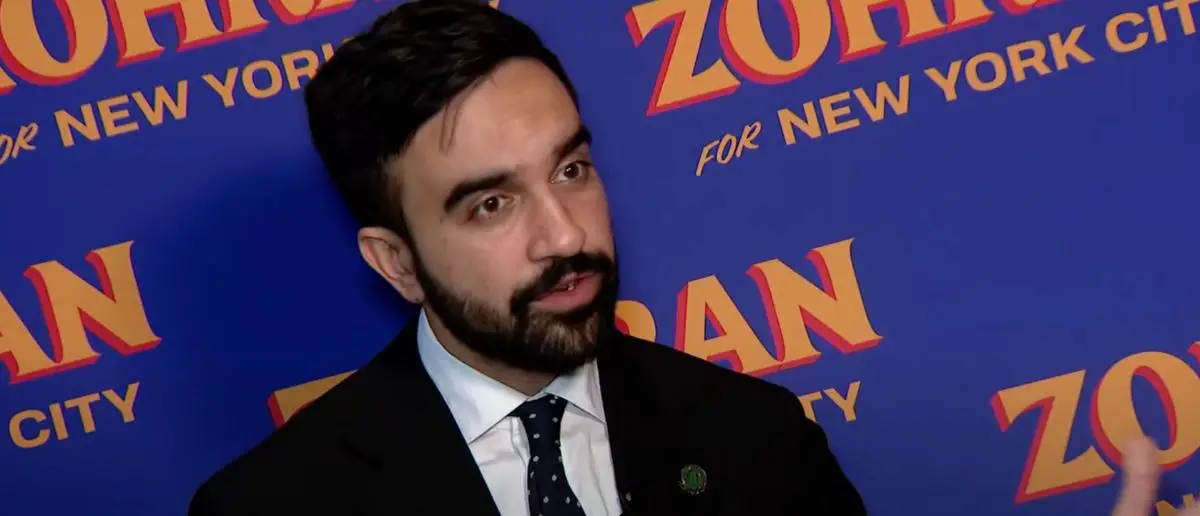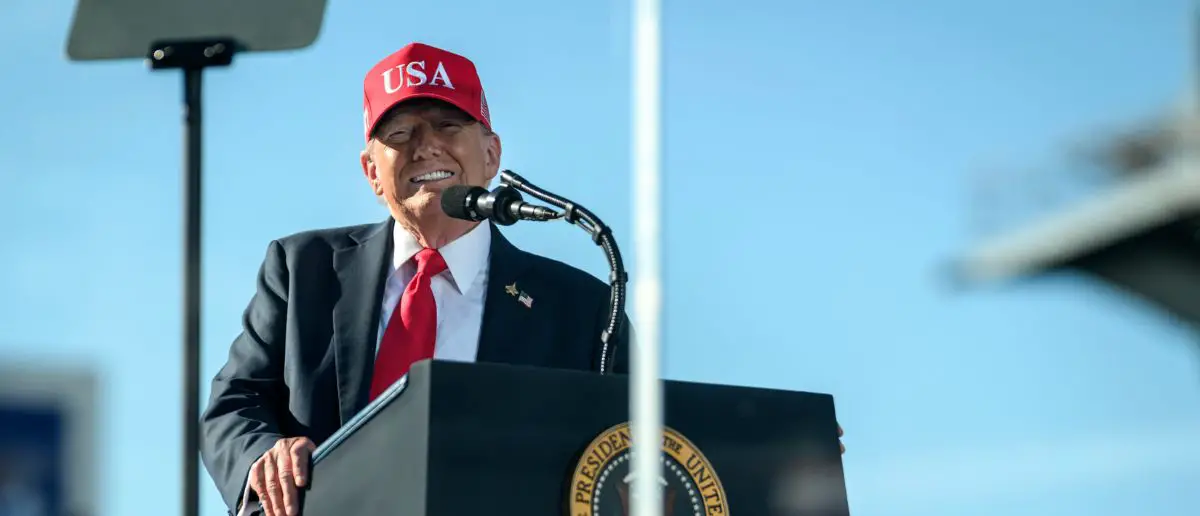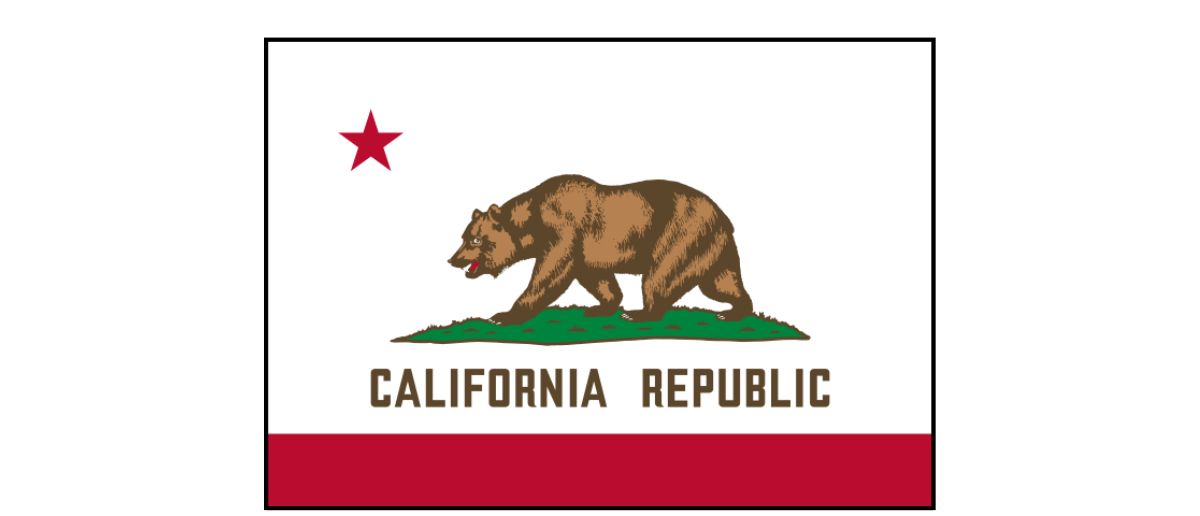Massive anti-Trump network flips the script and goes after Democrats
Trump’s enemies never rest. But sometimes they change their target.
And now a massive anti-Trump network flipped the script and went after Democrats.
Progressive powerhouse Indivisible, a driving force behind the nationwide “No Kings” protests against President Donald Trump, escalated its intra-party warfare Monday by unveiling its most ambitious primary challenge yet—aiming to oust Senate Democrats who sided with Republicans to end the nation’s longest government shutdown.
The 41-day impasse, which halted federal services and furloughed hundreds of thousands of workers, concluded over the weekend after a bipartisan group of eight Senate Democrats joined GOP lawmakers in passing a temporary funding measure through January—without Democratic demands for enhanced Affordable Care Act subsidies or restored Medicaid eligibility for certain lawfully present immigrants.
“This is no longer about them – it’s about us. We’re done waiting for Democrats to find their spine,” Ezra Levin, co-founder and co-executive director of Indivisible, said in a Monday press release. “We can’t afford a weak and cowardly Democratic Party while the authoritarians invade our cities, terrorize our communities, and threaten our democracy. We get the party we demand, and we intend to demand a Democratic Party that fights.”
“NO KINGS” ORIGINS AND SHUTDOWN FURY
Indivisible co-led the sprawling “No Kings” demonstrations earlier this year, drawing millions to the streets on June 14—coinciding with Trump’s military parade in the capital—and again on Oct. 18, where crowds decried his immigration crackdowns and accused him of monarchical overreach. The coalition, bolstered by partners like the 50501 movement and MoveOn, framed the rallies as a bulwark against Trump’s “authoritarian excesses,” including mass deportations and healthcare rollbacks.
Launched in 2017 amid Trump’s first term, Indivisible operates as a federation of local activist chapters pushing for progressive candidates and fierce opposition to MAGA agendas. It receives backing from billionaire George Soros’ Open Society Foundations, including a $3 million two-year grant in 2023 to fuel its advocacy.
The shutdown stemmed from a bitter clash over healthcare: Trump and Republicans accused Democrats of insisting on subsidies that would indirectly aid undocumented immigrants, while Democrats countered that GOP intransigence blocked protections for American families. The White House memo claimed Democratic proposals could funnel nearly $200 billion over a decade to non-citizen care, though experts note federal law bars undocumented individuals from most benefits like Medicaid and ACA plans—focusing instead on lawfully present groups like asylees and parolees affected by Trump’s “One Big Beautiful Bill,” which tightened eligibility.
“Chuck Schumer and a critical mass of Senate Democrats surrendered,” Levin said. “For nearly six weeks, Republicans held the government hostage while threatening health care, food assistance, and basic services for millions of Americans.”
“In these six weeks of the shutdown, Democrats had their best election night in over a decade, polls showed Republicans were losing this shutdown fight, and their base turned out for the largest protest in modern U.S. history with a resounding rejection of Trump and Republicans,” Levin continued in his comments. “Instead of standing with that energy, Senate Democrats surrendered — yet again. That’s why Indivisible is launching our largest primary program yet.”
“Our democracy is facing an existential threat. We need leaders with backbone and conviction — not timidity and excuses,” Indivisible’s co-founder and co-executive director Leah Greenberg said of the primary plan. “Democrats can’t defeat authoritarianism by running from the fight. It’s in our hands to make sure those who can’t fight make space for the leaders who can. Indivisible is ready to clean house and build a party that actually has the energy to act like an opposition.”
The House approved the reopening measure Wednesday, sending it to Trump’s desk to seal the end of the record-breaking standoff. Trump, in a Monday Fox News appearance with Laura Ingraham, crowed that Republicans had “broke[n]” Schumer: “I think he made a mistake in going too far,” Trump said during the interview. “He thought he could break the Republicans, and the Republicans broke him.”
DEMOCRATIC RIFT WIDENS WITH PRIMARY THREATS
The compromise ignited a firestorm on the left. Independent Sen. Bernie Sanders branded Sunday a “very bad night.” “Pathetic. This isn’t a deal. It’s a surrender. Don’t bend the knee!,” Democratic California Gov. Gavin Newsom’s official press office X account posted Sunday evening. Newsom added on his own X account: “America deserves better,” as well as another message that just read, “pathetic.”
“As this vote moves to the House, I stand with Democratic leadership as they refuse to rubber stamp the full-scale Republican assault on Americans’ health care and I am proud of the majority of Senate Democrats who opposed this vote,” DNC Chair Ken Martin posted to X.
“I’ve said it since the start of this shutdown — Republicans do not negotiate in good faith, and any deal that fails to protect healthcare is not a deal at all. For Democrats to cave now would be a complete betrayal of the American people,” Illinois Lt. Governor and Senate candidate Juliana Stratton posted to X.
Rep. Ro Khanna, D-Calif., joined Indivisible in demanding Schumer’s ouster, echoing calls from groups like Sunrise Movement and Our Revolution. A White House official, responding to queries on the Democratic infighting, insisted Trump sought reopening from day one: “President Trump has wanted the government reopened since the first day Democrats shut it down. The action in the Senate is a positive development and we look forward to seeing it progress,” the official told reporters.
Indivisible’s blueprint—its “largest” such effort—explicitly urges Schumer to relinquish his role as Senate minority leader and rallies behind 2026 challengers pledging to “abandon the status quo of feckless leadership, and use every tool available to fight MAGA attacks on our communities, our health, and our democracy.”
“Ahead of the 2026 primaries, Indivisible will be activating (it’s) (sic) network to support progressive fighters who are challenging feckless, status-quo-loving incumbents. In a recent movement survey, 98.67% of Indivisible’s base said they wanted Senate Democrats to keep fighting,” the group wrote, adding that its plan is coming together with more details, candidate endorsements and campaign efforts expected in the coming weeks.
The organization, which has mobilized millions via calls, texts and door-knocking in past cycles, plans to scale up dramatically. A high-level Democratic source dismissed the threats as bluster from a fringe that “just doesn’t matter” to voters craving functionality. Fox News Digital reached out to Indivisible Wednesday morning for additional comment on the plan but did not immediately receive a response. Schumer’s office also declined immediate reply on the backlash and resignation demands.

